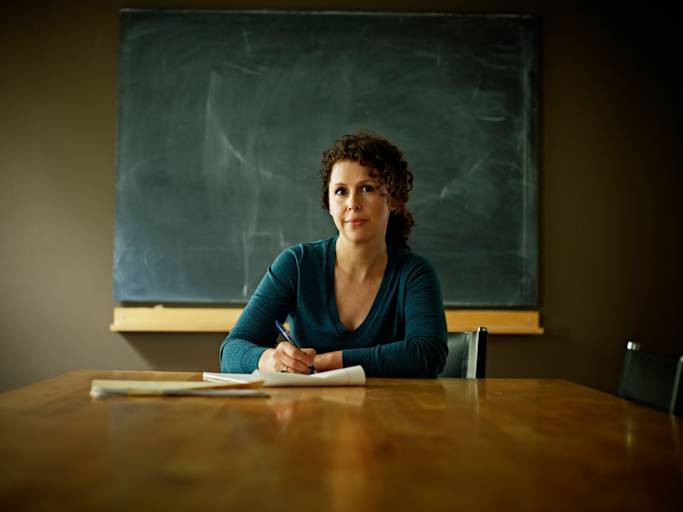How to Honor and Celebrate Indigenous Peoples’ Day
Indigenous Peoples’ Day, first celebrated in the United States in 1990, brings recognition to the first nations inhabiting the land. Controversy over the celebration of Christopher Columbus led to a renaming of the holiday. In many states, the day now honors Indigenous people.
This Indigenous Peoples’ Day, consider the history behind Columbus Day and the people who first inhabited the Americas. Celebrate the holiday by honoring the rich history and vibrant culture of Indigenous communities.
What Is Indigenous Peoples’ Day?
Beginning in 1937, the United States government honored Christopher Columbus with a national holiday. Observed on the second Monday in October, the holiday celebrates Columbus for his explorations, discoveries, and cultural background.
Many U.S. history books uplift Columbus as an explorer who discovered the Americas. In actuality, Columbus arrived on land occupied by the Taíno — an Indigenous people of the Caribbean. The colonization, death, enslavement, and forced assimilation of Indigenous peoples that followed Columbus’ landing leaves little room for celebration.
Protesters spoke out against the national honoring of Columbus for generations before change took place. Indigenous Peoples’ Day, first celebrated in 1990 in South Dakota, acknowledges Indigenous people as the original inhabitants of the Americas.
Indigenous Peoples’ Day asks individuals to consider the true history of American lands. The holiday represents an honoring of Indigenous people and provides an opportunity to celebrate Indigenous traditions and culture.
Fifteen states and the District of Columbia officially celebrate Indigenous Peoples’ Day, two of which equally celebrate Columbus Day. Additionally, over 100 cities officially honor the new holiday across nearly 20 states. Advocates continue to push for widespread honoring of the Indigenous people of the Americas.
Why the History of Indigenous People Matters
Columbus Day represents a painful history of colonization and destruction to Indigenous peoples. The impacts of colonization continue to devastate Indigenous communities today and limit our understanding of Indigenous histories.
Europeans’ oppression of Indigenous people led to the near erasure of Indigenous history and culture across the developing United States. Nevertheless, Indigenous communities continue to work diligently to pass down cultural elements and historical narratives from one generation to the next.
Indigenous people do not hold equal representation within many institutions of learning or business. The Postsecondary National Policy Institute found that less than 1% of undergraduate and graduate students identified as Native American, as of the 2018-2019 academic year. In contrast, according to 2020 U.S. Census data, American Indian and Alaska Native people represent almost 3% of the U.S. population.
According to the Bureau of Labor and Statistics, as of 2018, Indigenous people saw significantly higher unemployment rates than the total U.S. population. In addition to a relative lack of representation in schools and businesses, researchers leave Indigenous people out of countless studies, minimizing or negating their unique perspectives and experiences.
Discrimination further marginalizes Indigenous communities, leaving them with few resources and support systems. Ongoing underrepresentation risks the continued loss of Indigenous cultural identities and historical narratives. Representation and celebration of the Indigenous population requires the attention of all people.
Movements to return Indigenous land to sovereign nations continue to gain momentum in the United States. Restoring land ownership works to reestablish property rights, support land conservation, and rebuild Indigenous sovereignty.
The need to uplift Indigenous people, stories, and culture plays a critical role in the ongoing visibility of Indigenous communities.
How to Celebrate and Respect Indigenous Peoples’ Day
Celebrating Indigenous Peoples’ Day can take many forms. Indigenous-led organizations host educational activities and performance events, while honoring ceremonies bring cultural celebrations to public stages across the country.
Respectfully observing Indigenous Peoples’ Day means centering Indigenous culture, history, and traditions. Engage with the resources listed below to learn more about the importance of Indigenous Peoples’ Day and find ways to celebrate the holiday respectfully.
Identify and acknowledge the Native land you live on.
Attend a celebration hosted by an Indigenous organization that honors Indigenous people and cultures.
Take part in an online or in-person event, such as those hosted by the National Museum of the American Indian.
Donate to Indigenous-led organizations like the Native American Rights Fund, First Nations Development Institute, or Native American Heritage Association.
Sign a petition or write to your Congressperson about the importance of celebrating Indigenous Peoples’ Day.
Attend a Landback campaign event or informational session in support of giving back Indigenous lands.
Take action to remove mascots, names, and logos depicting racist and offensive imagery and language.
Read books that center Indigenous people, history, or culture.
Watch and share historically accurate videos reflective of Indigenous people.
Spread the word by talking with others about the importance of recognizing Indigenous people and celebrating Indigenous Peoples’ Day.
Celebrating Indigenous Peoples’ Day can include singing, dancing, and eating traditional foods in honor of individual sovereign nations. Center and uplift the traditions and customs of Indigenous people as you celebrate Indigenous Peoples’ Day.




